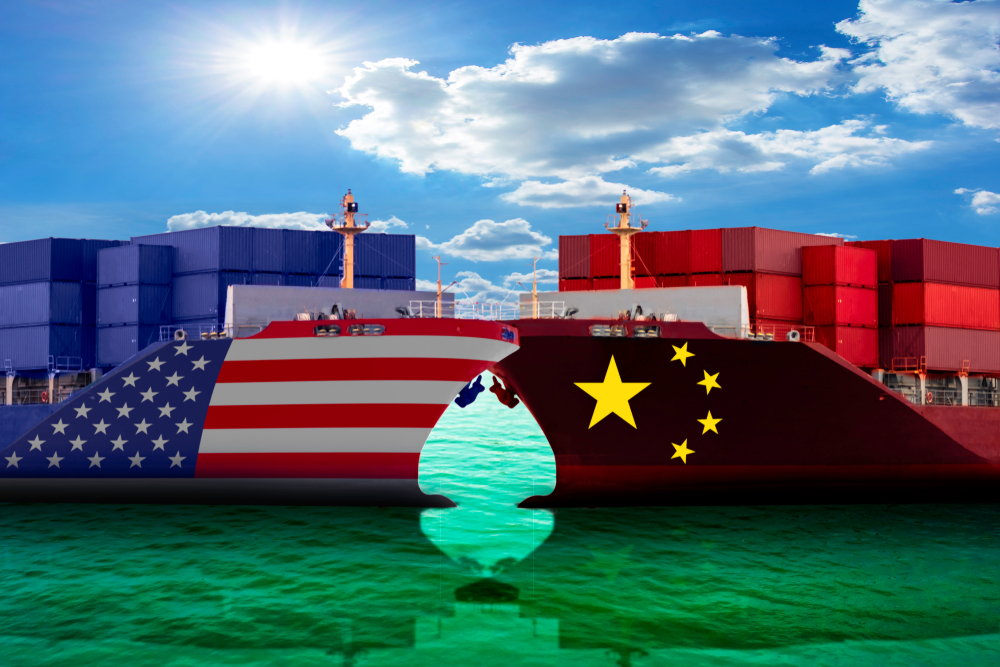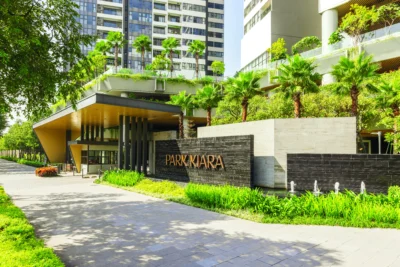What the US-China trade ceasefire means for real estate
Short-term truce has consequences for Greater China’s logistics and office sectors
The suspension of additional US tariffs on USD300 billion worth of Chinese products will save Greater China from a deeper economic plunge, with a wide spectrum of effects on its property sector, according to a new report from CBRE.
Chinese GDP will likely remain above six percent this year, thanks to the ceasefire and the support of additional fiscal stimuli and several measures “opening up” the country to more foreign investment, which were implemented in the second quarter of 2019. “Trade concessions to the US would benefit China’s overall economic structure,” CBRE said in a statement.
The Chinese office segment is then likely to see moderate improvement in demand in the first half of 2019. Leasing activity, however, will remain “acutely sensitive” to developments, both good and bad, in Sino-American trade negotiations.
More: In war as in peace, Vietnam real estate is a winner
CBRE similarly advises landlords and investors to “closely monitor impacts” on the logistics segment because of a relatively weak economic outlook.
The release of the 2019 Catalogue of Encouraged Industries for Foreign Investment, among other opening-up measures, will nonetheless lead to more demand for industrial sites and facilities in the mainland despite the ongoing trend of low-end manufacturing relocating from China to Southeast Asia.
While the ceasefire has put a stopper to the escalation of trade tensions in the short term, a lasting deal is not likely to emerge soon, the consultancy predicted, adding that uncertainty will therefore linger throughout 2019.
Recommended
Park Kiara in Hanoi raises the bar for sustainable urban living
Park Kiara in Hanoi is a repudiation of low-density, car-dependent suburban sprawl
6 reasons Bekasi is rising as Greater Jakarta’s next hotspot
One of Greater Jakarta’s rising stars is prospering, thanks to ample recreation and a contingent of desirable housing projects
6 developments driving Asia’s green real estate shift
Developers are being incentivised to push a green agenda into daring new realms
The Philippines’ LIMA Estate drives sustainable industrial growth
LIMA Estate models a citywide vision that uplifts workers while appealing to climate-conscious employers







